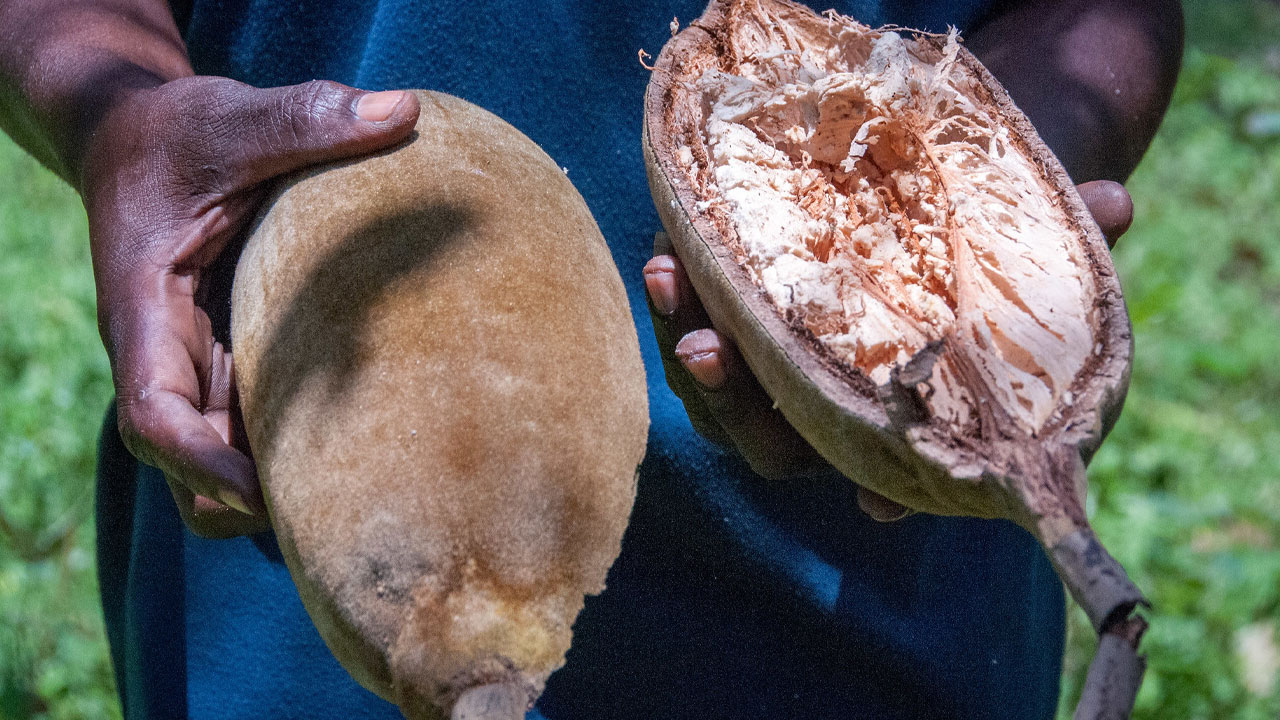
Explore the advantages of cultivating crops that are native to Africa, including improved nutrition, reduced environmental impact, and increased income.
The Benefits of Growing Indigenous Fruits and Vegetables: Explore the advantages of cultivating crops that are native to Africa, including improved nutrition, reduced environmental impact, and increased income.
Africa is a continent rich in biodiversity, with a wide range of native fruits and vegetables that have been cultivated for centuries. These crops not only provide important nutritional benefits but also have significant environmental and economic advantages compared to non-native varieties. In this article, we will explore the benefits of growing indigenous fruits and vegetables for African farmers.
Improved Nutrition
Indigenous fruits and vegetables are often highly nutritious, with a wide range of vitamins, minerals, and antioxidants. Many of these crops have been shown to have anti-inflammatory and anti-cancer properties, making them an important part of a healthy diet. Examples of popular indigenous fruits and vegetables in Africa include baobab, tamarind, amaranth, moringa, and sweet potato leaves.
Reduced Environmental Impact
Indigenous crops are well adapted to the local climate and soil conditions, making them more resistant to pests and diseases and reducing the need for synthetic fertilizers and pesticides. These crops also require less water and energy than non-native varieties, making them more sustainable and environmentally friendly. Additionally, many indigenous crops have deep roots that can help to improve soil health and prevent erosion.
Increased Income
By growing indigenous fruits and vegetables, farmers can tap into a growing market for these crops, both domestically and internationally. These crops are often in high demand due to their unique flavor, nutritional value, and cultural significance. By cultivating and marketing these crops, farmers can earn higher prices and improve their income. Additionally, many indigenous crops have a longer shelf life than non-native varieties, allowing farmers to store and sell their products over a longer period of time.
Conclusion
In summary, the benefits of growing indigenous fruits and vegetables in Africa are clear. These crops offer improved nutrition, reduced environmental impact, and increased income for farmers. By promoting the cultivation and consumption of these crops, we can help to preserve the unique biodiversity of Africa and support the livelihoods of millions of farmers across the continent.


















